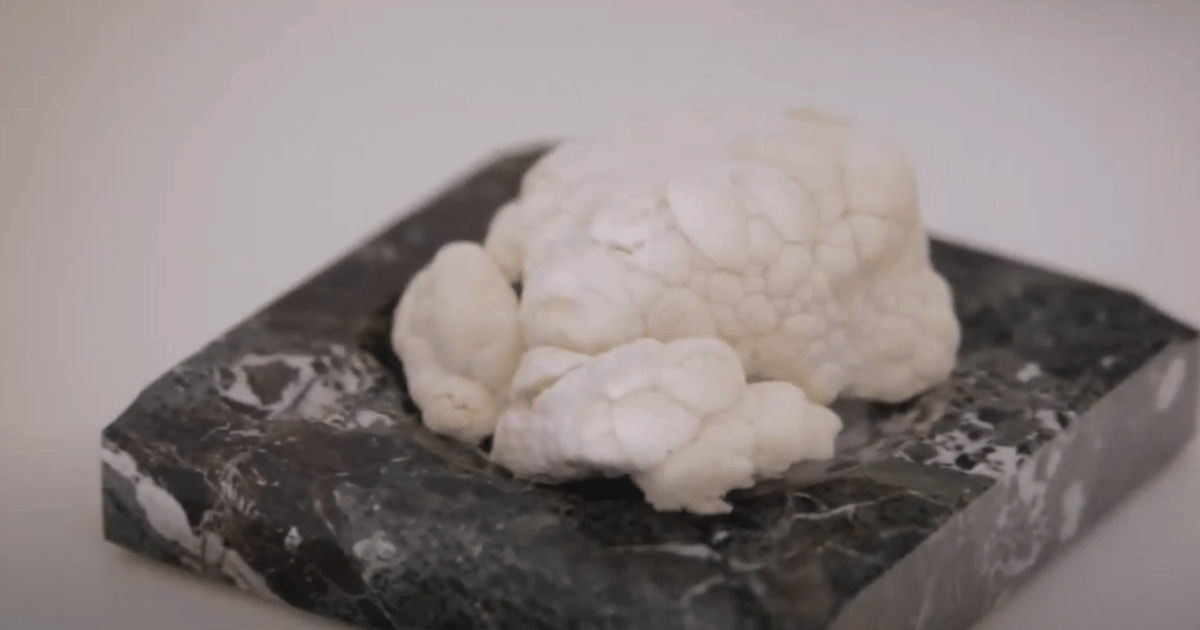Lion’s mane is a mushroom that looks like a white, fluffy pom-pom. It grows on hardwood trees in temperate forests of Asia, North America, and Europe. It has been used for centuries in traditional medicine, especially in China and Japan, for its various health benefits. In this article, Dr. Jenelle Kim shares information on this wonderful mushroom and we will explore how you can incorporate it into your diet and lifestyle.
Herbal Spotlight by Dr. Jenelle Kim
What are the benefits of lion’s mane?
Lion’s mane is not only a delicious and nutritious edible mushroom, but also a powerful medicinal mushroom. It contains bioactive compounds that have many positive effects on the body, especially the brain, heart, and gut. Here are some of the benefits of lion’s mane:
- Brain health: Lion’s mane stimulates the growth of nerve cells and enhances the communication between them. This improves cognitive functions such as memory, learning, focus, and creativity. Lion’s mane also protects the brain from degeneration and damage caused by aging, stress, and diseases such as Alzheimer’s and Parkinson’s.
- Mood and mental health: Lion’s mane has anti-inflammatory and antioxidant properties that can reduce symptoms of anxiety and depression. It also modulates the levels of neurotransmitters such as serotonin and dopamine, which regulate mood, emotion, and motivation. Lion’s mane may also help with sleep quality and circadian rhythm.
- Immune system: Lion’s mane boosts the immune system by activating the natural killer cells and macrophages, which fight against infections and cancer. It also balances the gut microbiome, which is essential for immune health. Lion’s mane may also have anti-viral and anti-bacterial effects against some pathogens.
- Digestive health: Lion’s mane supports the digestive system by promoting the secretion of gastric juices and enzymes, which aid in digestion and absorption of nutrients. It also protects the lining of the stomach and intestines from ulcers and inflammation. Lion’s mane may also help with irritable bowel syndrome, inflammatory bowel disease, and gastritis.
- Heart health: Lion’s mane lowers the risk of heart disease by reducing the levels of cholesterol, triglycerides, and blood pressure. It also prevents the formation of blood clots and improves blood circulation. Lion’s mane may also have anti-diabetic effects by improving insulin sensitivity and glucose metabolism.
How to use lion’s mane?
Lion’s mane can be consumed in various forms, such as fresh, dried, powdered, or extracted. Here are some of the ways you can use lion’s mane:
- Fresh lion’s mane: You can find fresh lion’s mane mushrooms at some farmers’ markets, specialty stores, or online. You can cook them like any other mushroom, by sautéing, roasting, frying, or grilling. They have a mild, sweet, and meaty flavor that resembles crab or lobster. You can add them to soups, salads, stir-fries, pasta, or sandwiches. You can also make vegan crab cakes or pulled pork with lion’s mane .
- Dried lion’s mane: You can buy dried lion’s mane mushrooms or dehydrate them yourself. You can rehydrate them by soaking them in water for 15 minutes, then drain and squeeze out the excess water. You can then use them as fresh lion’s mane or grind them into a powder. You can also make tea or broth with dried lion’s mane by simmering them in water for 15 to 20 minutes .
- Powdered lion’s mane: You can buy powdered lion’s mane mushrooms or make your own by grinding dried lion’s mane in a blender or coffee grinder. You can add the powder to smoothies, coffee, tea, oatmeal, yogurt, or baked goods. You can also make capsules or tablets with powdered lion’s mane and take them as a supplement .
- Extracted lion’s mane: You can buy extracted lion’s mane mushrooms in the form of liquid, tincture, or oil. These are more concentrated and potent than the other forms and may have higher bioavailability. You can take them by dropping them under your tongue, adding them to water, juice, or other beverages, or applying them topically to your skin or hair .
How much lion’s mane should you take?
The dosage of lion’s mane may vary depending on the form, quality, and purpose of use. There is no official recommendation for the optimal dosage of lion’s mane, but some studies have used doses ranging from 0.5 to 3 grams per day for powdered lion’s mane and 1 to 3 milliliters per day for extracted lion’s mane. You may want to start with a low dose and gradually increase it until you find the best dose for you. You may also want to consult your doctor before taking lion’s mane, especially if you have any medical conditions or allergies, or if you are pregnant or breastfeeding.
Conclusion
Lion’s mane is a mushroom that offers many benefits for the mind and body. It can improve brain function, mood, immune system, digestive health, and heart health. It can also be used in various ways, such as fresh, dried, powdered, or extracted. Lion’s mane is a safe and natural supplement that can enhance your health and well-being. If you are interested in trying lion’s mane, you can find it online or at some local stores. You can also grow your own lion’s mane at home with a mushroom kit or spawn. Try adding lion’s mane to your diet and lifestyle and see how it can transform your health!
About Dr. Jenelle Kim
Dr. Jenelle Kim is a master herbalist and doctor of acupuncture and oriental medicine, who comes from a lineage of herbalists that spans over 800 years. She is the Master Formulator of JBK Wellness Labs, a cutting-edge manufacture of health and beauty products with proprietary formulas that use the principles of traditional Chinese medicine to balance the body, mind, and spirit.







